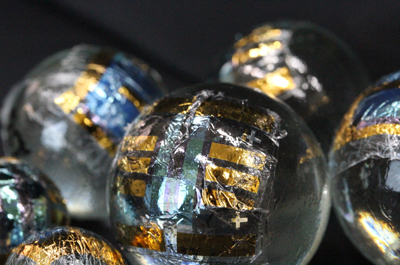Researchers from the Riken Center for Emergent Matter Science in Japan have developed heat-shrinkable polymers that can be used to laminate organic photovoltaic devices onto curved surfaces.
They said that curved solar cells are able to capture sunlight more efficiently than conventional ones on cloudy days.
“One way to produce curved electronics is with rubber-like substrates, but solar cells on such substrates usually have much lower performance,” they said. “In contrast, solar cells fabricated on flexible sheets have high efficiency, but can be difficult to attach to curved surfaces.”
In order to overcome this hurdle, the scientists used heat-shrinking films, which are generally used to encapsulate nonprescription medicines. This reduces the area of a non-stretchable but flexible polymer sheet by up to 70%.
“When a material becomes thinner, it becomes more flexible – that’s why we can crumple aluminum foil by hand, but can also use aluminum to make bicycles,” said researcher Steven Rich. “Although we use rigid materials such as metals and plastics, they are three times thinner than a grocery bag and can bend very sharply without breaking.”
The heat-shrinking films formed tiny wrinkles when the were applied to the polymer sheets. By controlling the size of these wrinkles, the Japanese group was able to build shrinkable touch sensors and prefabricated organic photovoltaic modules that could be used on round objects. They said that the photonic properties of the shrink-induced wrinkle structures enhanced light-harvesting and improved the PV device's power conversion efficiency by up to 17%.
The organic PV devices can be laminated to several non-developable surfaces without loss of performance, claimed the scientists. They described their findings in “Developing the Nondevelopable: Creating Curved-Surface Electronics from Nonstretchable Devices,” which was recently published in Advanced Materials.
This content is protected by copyright and may not be reused. If you want to cooperate with us and would like to reuse some of our content, please contact: editors@pv-magazine.com.




Motorbike/Bicycle helmet with ar, gps, voice, sensors, cameras, with photovoltaic surface?